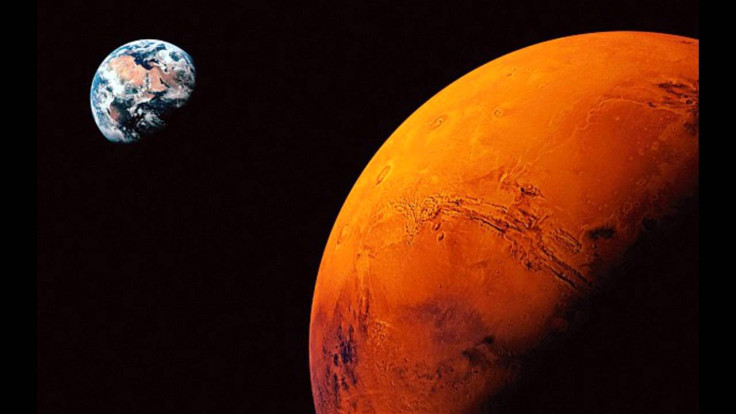Elon Musk plans SpaceX satellite business to achieve human colony on Mars

SpaceX CEO Elon Musk has announced plans to develop and launch satellites to assist in his mission to create a human colony on Mars.
In an interview with Bloomberg, Musk revealed that SpaceX's Seattle engineering office will employ "several hundred people, maybe a thousand people," to build a commercial satellite business that will provide the revenue and expertise to fulfill his Martian ambitions.
"We're going to try and do for satellites what we've done for rockets," Musk said.
On 10 January, SpaceX successfully launched its Falcon 9 rocket carrying the Dragon space capsule with cargo for the International Space Station. However, the firm's attempt to land the rocket on a barge in the Atlantic Ocean subsequently failed.
Musk blamed the failure on a shortage of hydraulic fuel and said that the next flight in three weeks will have 50% more hydraulic fuel margins
If successful the landing could lead to vastly less expensive space missions as it would prove launch rockets to be reusable.
"Reusability is the critical breakthrough needed in rocketry to take things to the next level," Musk said in a talk at the Massachusetts Institute of Technology in October.
In a recent Reddit AMA (ask me anything) Musk revealed that any transportation system to Mars would be a significant step forward from anything SpaceX has previously developed.
"The Mars transport system will be a completely new architecture," Musk said, revealing that he is hoping to present it towards the end of this year.
"Goal is 100 metric tons of useful payload to the surface of Mars. This obviously requires a very big spaceship and booster system."
The design of a SpaceX spacesuit is also close to completion, according to Musk, with plans to unveil it later this year.
"Our spacesuit design is finally coming together. We are putting a lot of effort into design aesthetics, not just utility. It needs to both look like a 21st century spacesuit and work well. Really difficult to achieve both."
© Copyright IBTimes 2025. All rights reserved.






















